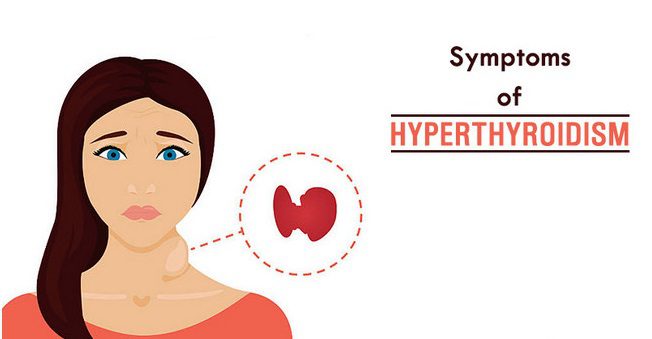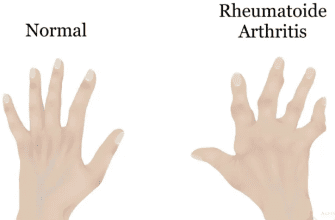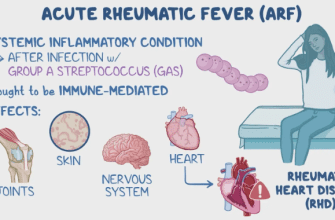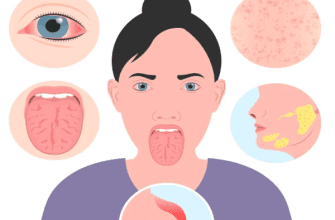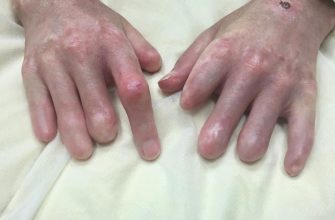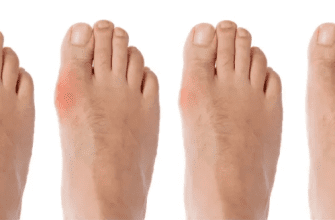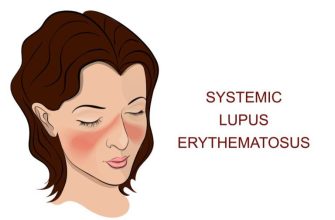Contents
1. Etiology
Hyperthyroidism – syndrome caused by excessive thyroid hormone production (T3, T4).
Main causes:
- Graves’ disease (autoimmune, 80% cases).
- Toxic adenoma (benign tumor).
- Subacute thyroiditis (post-viral inflammation).
- Thyroxine overdose (in hypothyroid patients).
- Iodine-induced hyperthyroidism.
2. Symptoms
Classic signs:
- Weight loss despite increased appetite.
- Tachycardia (>100 bpm), arrhythmia.
- Tremors, anxiety, insomnia.
- Sweating, heat intolerance.
- Exophthalmos (bulging eyes in Graves’ disease).
Additional:
- Diarrhea, muscle weakness.
- Menstrual irregularities in women.
- Brittle nails, hair loss.
3. Diagnosis
- Blood tests:
- TSH (low).
- Free T3/T4 (high).
- TSH receptor antibodies (for Graves’).
- Thyroid ultrasound (nodules, size).
- Radioiodine scan (to identify the cause).
4. Treatment
1. Medications:
- Thionamides (Methimazole) – block hormone synthesis.
- Beta-blockers (Propranolol) – control tachycardia.
2. Radioiodine therapy:
- Destroys overactive thyroid tissue.
3. Surgery (thyroidectomy):
- For large nodules/treatment failure.
5. Prevention
- Monitor thyroxine dose (if prescribed).
- Limit iodine-rich foods (if predisposed).
- Regular endocrinologist check-ups (if family history).
6. When to See a Doctor?
- Unexplained weight loss + palpitations.
- Persistent anxiety, sweating.
- Eye swelling/redness (Graves’ ophthalmopathy risk).
- Atrial fibrillation (dangerous complication).
7. Prevention Tips
- Avoid self-prescribed iodine supplements.
- Manage stress (Graves’ disease trigger).
- Get thyroid screening after age 30 (especially women).
